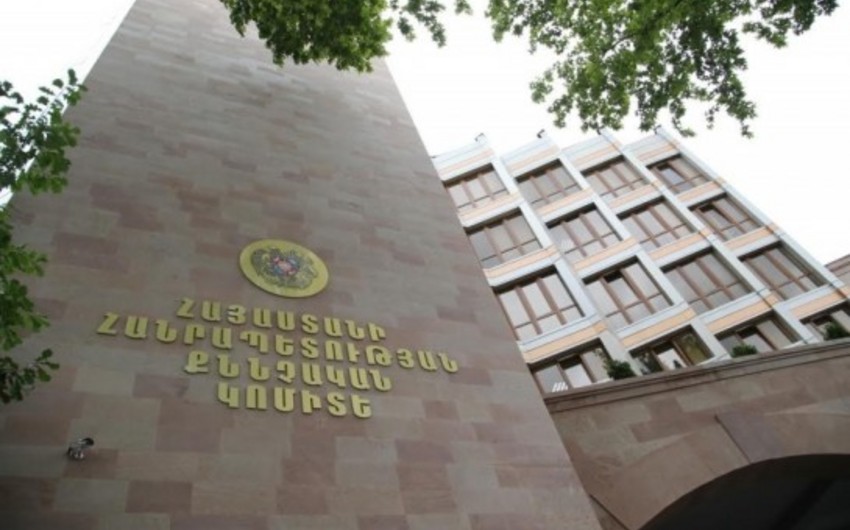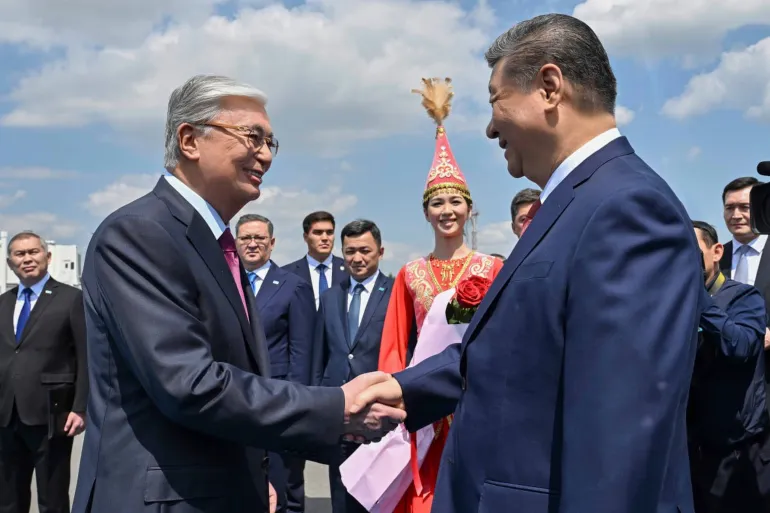The two largest forces in the European Parliament are locked in a game of chicken over green rules that threatens to destabilize Commission President Ursula Von der Leyen’s centrist coalition.
A deepening power struggle between the center-right European People’s Party and the center-left Socialists and Democrats all but hijacked negotiations within the coalition over the Commission’s first attempt at cutting red tape for businesses this week.
On Tuesday, lawmakers took part in a key vote to fast-track a complex legislative process to delay several green rules affecting businesses, while negotiations on their scope are ongoing. The bill in question — known as the first omnibus — is a sweeping proposal to wind back a collection of green laws with the goal of making life easier for Europe's struggling industry.
Both political groups were hoping to gain influence within the centrist coalition after their relationship broke down following the EU election last June — which gave the EPP the upper hand in Parliament and the ability to pass legislation with parties further to the right. Despite tensions, both groups say they remain committed to the longstanding centrist alliance that gave von der Leyen her second mandate.
But the two groups' position on environmental regulations differ, and the tense negotiations ended on Tuesday with the Socialists digging their heels in and rejecting the vote — leading the EPP and their centrist Renew allies to press ahead with the support of the far right. Together, they succeeded in scheduling a second decisive vote to delay the rules on Thursday, with a large majority.
“I want everyone to be responsible in this matter,” said Valérie Hayer, chair of the liberal Renew group — which has styled itself as mediator between the S&D and EPP. “We are in support of the emergency procedure because we consider that we need to send a signal obviously to the companies.”
Negotiations are now ongoing against the clock to seal a centrist deal before the vote on Thursday.
The outcome will show whether the traditional centrist majority can reach an agreement to fend off the far right on its first major policy file, cementing the coalition for the next five years — or whether the EPP gets free reign to pass files with a right-wing majority, potentially tearing down the informal cordon sanitaire that prevents centrist parties from collaborating with the far right on major policy decisions.
The split echoes emerging divisions between the S&D and EPP over the Commission's push to water down its 2040 climate targets.
What derailed the talks
Presented by the Commission in February, the omnibus simplification package aims to radically change several EU rules that require companies to report on their environmental impact, as well as to police their supply chains for possible environmental damages and human rights violations.
It's the first flagship bill of von der Leyen's second term, and sets the tone for further pro-business simplification measures to cut red tape — often at the expense of the Green Deal program that dominated the Commission president's first term.
Initially, the EPP — von der Leyen’s own political family — negotiated with the S&D and Renew to seal a centrist deal.
But the S&D refused to back the EPP’s call to accelerate the legislative process unless the conservatives committed in writing not to support major cuts to the rules. That prompted the EPP to demand that the right-wing European Conservatives & Reformists (ECR) be invited to vote alongside the coalition, three Parliament officials confirmed to POLITICO.
Both groups refused to budge, and the negotiations broke down.
“We have not been able to conclude an agreement among the pro-European majority of this chamber,” S&D Group Chair Iratxe García said on Tuesday, adding that “the issue about the ECR” — which the socialists consider too far to the right to be part of a centrist coalition — was a “key issue” during the talks.
“It is not only about the [green reporting rules], the vote is about how we can build a stability here in the European Parliament with the pro-European political forces,” said the S&D’s García.
Power struggle
The first part of the omnibus proposal suggests delaying the implementation of the rules while negotiations on their scope and content continue.
Earlier this month, the EPP unilaterally requested the urgent procedure — which speeds up the voting process in the Parliament in times of crisis — to trigger a plenary vote to green-light the delays. Pressure to get this done quickly increased after EU countries decided to back the Commission's proposal last week.
The plenary vote was set for April 3 after MEPs adopted the procedure on Tuesday. Tomas Tobé, the EPP’s vice chair and lead negotiator on the omnibus package, described the vote as “an important first step on the path towards less bureaucracy and more growth in Europe.”
Members of the coalition had been in talks for weeks to forge a deal that would ensure enough MEPs voted in favor of the delay. But negotiations quickly spiraled as the increasingly divergent socialists and conservatives engaged in a power struggle that made a deal impossible.
Having emerged from last June's European election with the largest number of seats, the EPP considers itself a kingmaker in European politics.
That doesn’t sit well with the S&D, which is frustrated by the apparent willingness of their conservative counterparts to collaborate with right-wing parties outside the coalition to force their hand. Growing tensions between the two sides have left the liberals to liaise between the two warring factions — and able to side with either.
Deeply distrustful of the EPP after last year’s debate over the EU’s anti-deforestation rules — when the EPP proposed last-minute amendments to weaken the rules while they were being delayed — the socialists and liberals asked for a written promise from the conservatives to support the Commission’s proposal without making changes to the text.
The S&D could not support the EPP’s request without concessions on the content, but the EPP "did not want to have any limitation on content," said another Parliament official.
The groups are still at odds over a number of changes to the content of the rules proposed by the Commission, from the frequency of reporting requirements to whether companies should be held liable for their own supply chains.
Less than two hours before the vote, the socialists announced they would reject the motion. In the end it passed with broad support from the EPP, Renew and the ECR, as well as from the far-right Patriots for Europe (PfE) and Europe of Sovereign Nations (ESN) groups. Only one socialist MEP — Nils Ušakovs — supported the motion.
“This is not the end of the story,” Renew’s Hayer said. “We will use the hours ahead of us to find a compromise and make sure that all pro-European groups are on board.”
Source: POLITICO










